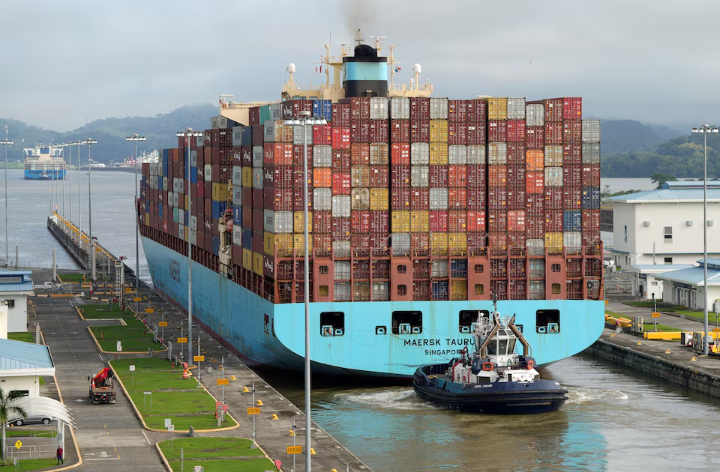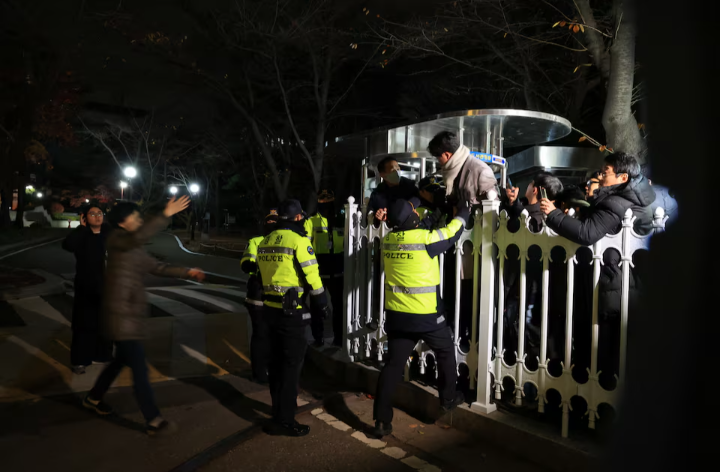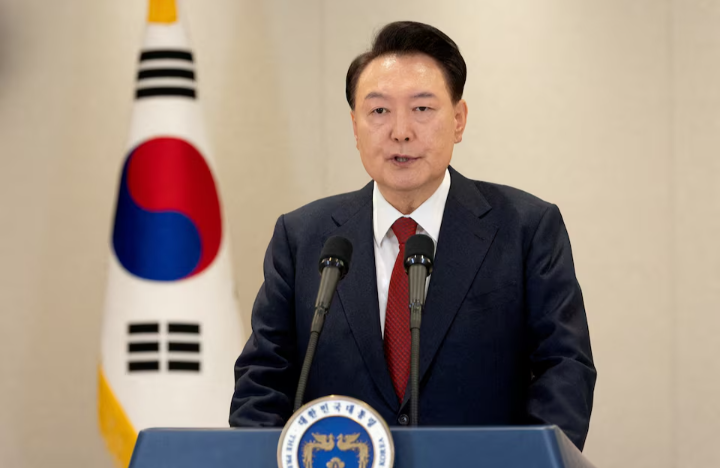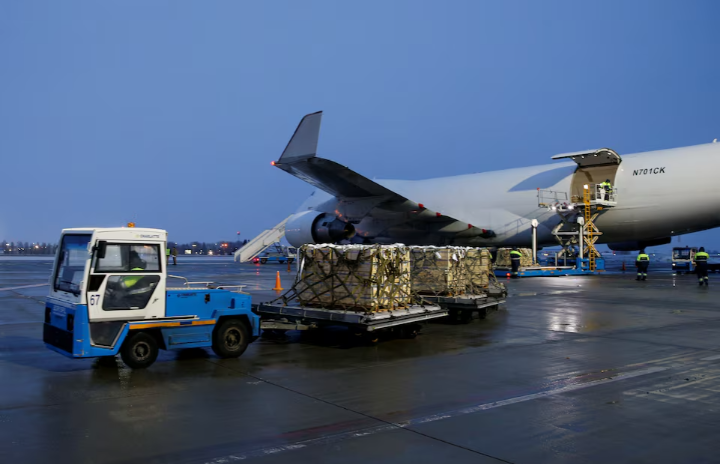President-elect Donald Trump has sparked international controversy by suggesting that the United States should reclaim control over the Panama Canal. During a recent event in Arizona, Trump criticized Panama for imposing what he described as exorbitant fees on ships transiting the canal, a vital conduit for global trade. He further expressed concerns about potential Chinese influence over the canal's operations, implying that such a strategic asset should not be in the "wrong hands."
In response, Panamanian President José Raúl Mulino firmly rejected Trump's assertions, emphasizing Panama's sovereignty over the canal. Mulino stated that every square meter of the canal is Panamanian territory and will remain so, dismissing any claims of foreign control or undue influence. He also defended the canal's fee structure, explaining that tariffs are determined based on market conditions and the necessity for ongoing maintenance and modernization.
The Panama Canal, completed in 1914, was under U.S. administration until 1999, when control was transferred to Panama following the Torrijos–Carter Treaties. Since then, Panama has managed the canal, ensuring its neutrality and accessibility to vessels from all nations. Trump's remarks have raised questions about the future of U.S.-Panama relations and the potential implications for international maritime commerce.
Analysts note that any attempt by the United States to regain control of the canal would face significant legal and diplomatic obstacles. The existing treaties between the U.S. and Panama do not provide a legal basis for such a move, and unilateral action could lead to international condemnation and strained relations with other countries that rely on the canal for trade. Additionally, there is no evidence to support claims of Chinese control over the canal's operations, as Panama maintains full authority over its administration.
This development echoes previous instances where Trump has expressed interest in territorial expansion, such as his earlier proposal to purchase Greenland. While these statements may resonate with certain domestic audiences, they often lead to diplomatic tensions and raise concerns about the direction of U.S. foreign policy under his leadership. As the situation unfolds, it remains to be seen how both nations will navigate this contentious issue.





